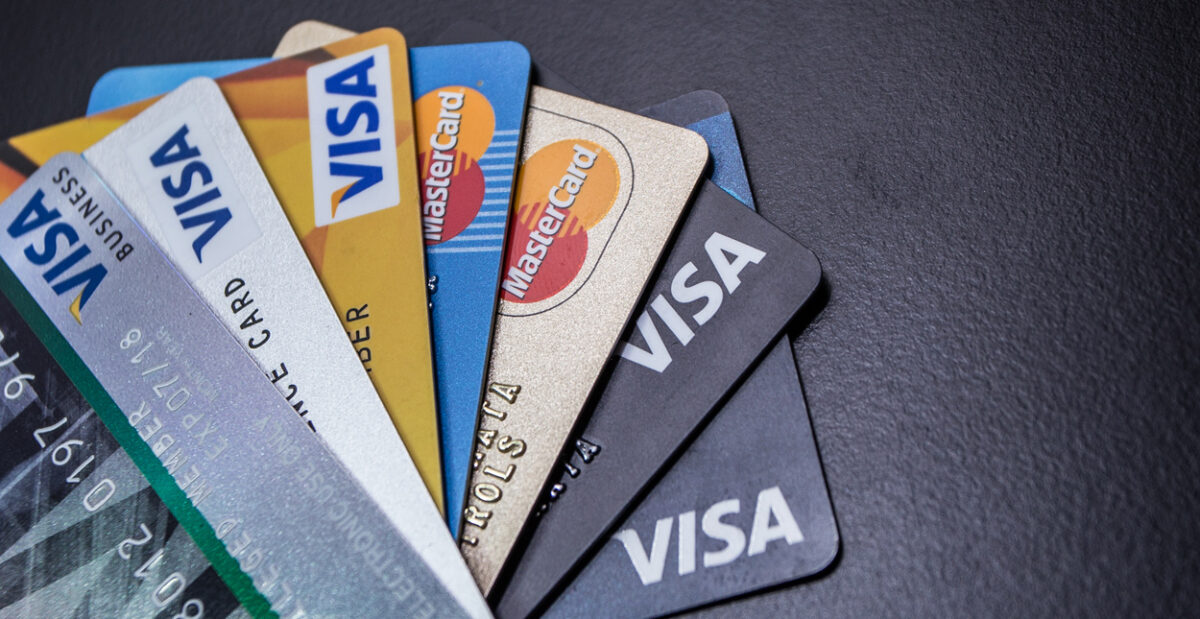We all have heard from our elders and been taught in our formative years that we shall live within our means. That remains the guiding mantra, and in no way do I intend to motivate anyone to take credit. But even while living within our means, we can make safe and smart use of Credit card to avail of many attached benefits along with enjoying an interest free credit cycle of 30-45 days.
Credit Cards can Help preserve Own Funds
We all have our monthly budget for routine and discretionary expenses. We keep the money required for the purpose as either cash at home, or in the savings account. The balance however keeps depleting as we spend it. If, on the other hand, we manage these expenses through the credit card, then own funds continue to earn interest in the savings account. Own funds will be available till the credit card bill payment due date. In simple terms, if one spends Rs 50 k each month from his credit card, then he saves additional interest on this much amount in his savings account. Over a year, these savings on credit of Rs 50k can be about Rs 2000/-. If we park this amount in provident fund, then the return will be about Rs 4000/-. And if deployed in equity mutual funds, returns could be much higher.
Additional Benefits
Most credit cards offer attractive benefits like lounge access at airports, and discounts on various items/events. They also have reward points. You can either redeem these points for some utility items/service, or can also convert to cash. The amount mentioned in the example might appear small, but I am talking only about the routine expenses. Once we add the big-ticket discretionary expenses and purchases, the total spend would be much greater. And so will be the benefit in the form of interest saved or reward points. The returns generated by employment of saved funds will also be more for larger savings.
Managing the Credit Cycle of Your Credit Card
The credit cycle is generally 45 days. But the utilization on the last day of the monthly cycle will effectively give only 15 days of credit. You can manage this by having two credit cards from different providers, and creating a staggered billing cycle. One card can be used for first 15 days of the month, and the other for next 15 days. This will help achieve an interest free credit cycle of full one month for all expenses in the month.
Caution. The smartness however does not lie in spending from the Credit card, but in doing so in a planned manner to ensure that on no account, you ever defer/default on payment. The annualized interest rates levied on delayed/default payments, or cash withdrawals range from 30-40%. It is extremely important to avoid the following three pitfalls: –
(a) Falling for minimum amount due.
(b) Defaulting on bill payment.
(c) Withdrawing cash.
(d) If you are constantly in a credit trap and rolling over your payments, then I would recommend, that you immediately surrender the credit card. It is not worth living a lifestyle beyond own means by paying such high interest rates.
Online Transactions
The RBI has recently directed all banks to provide online transaction disabling facility to their customers. It is advisable that one should keep it disabled, and enable it only when required. Do not “Block” the card, but “disable online transactions and cash withdrawals. Further, you can set limits on daily/monthly spends. Users should impose additional layer of security by mandating OTP based transactions approval. One can also make use of mobile wallets by making one time transfer from credit cards each month, thus reducing the online exposure.
Loss of Credit Card
Despite best care and protection if you lose your credit card, immediately block it through online banking and also call the customer care to block it. Always keep the number of your service providers customer care number in your contacts.
Fraudulent Transaction
Any fraudulent transaction also indicates there might have been some carelessness on our part. Disabling online transactions and ATM withdrawals would help in mitigating this risk to a great extent. The moment you come to know that a suspicious transaction has been done on your credit/debit card, inform the card issuer immediately. One should lodge a formal complaint with the bank and ideally call up the customer care number to block the card or the account immediately. As per RBI rules, the customer need not pay if he reports the breach within three days of the fraudulent transaction. Do go through the terms and conditions given by the service provider in this regard.
Credit Card is a Double-edged Tool
The service providers will always make it very tempting to avail of their credit beyond due date. But this would mean paying heavy interest rates. Credit cards can be used smartly only by those who have the discipline to maintain financial prudence. Which means never defaulting on, or deferring payments. Further, the funds preserved by leveraging credit card should be adequately utilized in a meaningful manner to generate decent risk adjusted returns.

